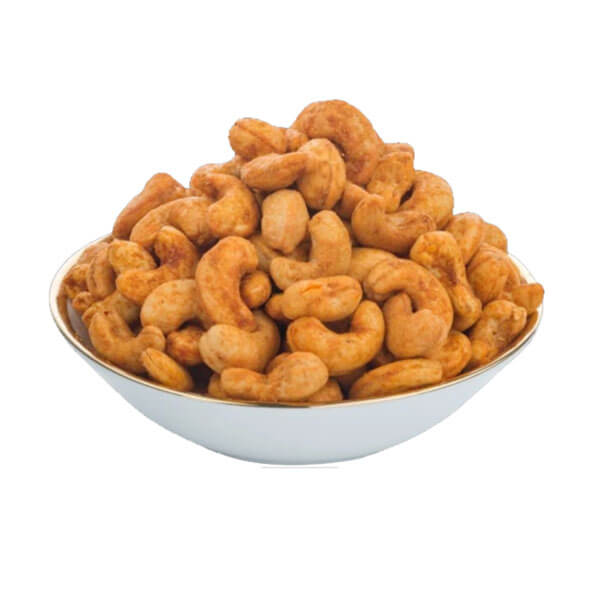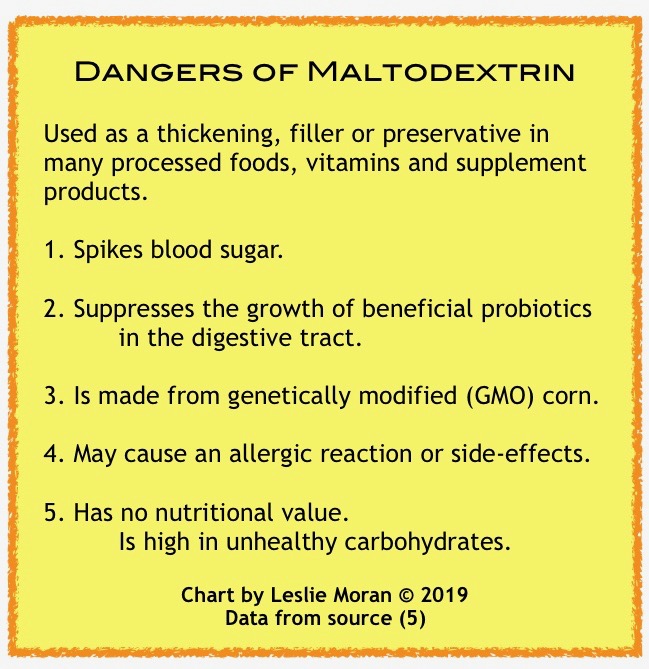Blog

Masala nuts contain Maltodextrin: Unraveling the Dangers and Benefits
Maltodextrin is a commonly used food additive that has generated both praise and concern among health-conscious individuals. Derived from starchy foods, such as corn, rice, or potatoes, maltodextrin is a white powder with a neutral taste and a wide range of applications in the food industry. However, it's important to understand both the potential dangers and benefits associated with its consumption.
Dangers of Maltodextrin:
Spike in Blood Sugar Levels: Maltodextrin is a high glycemic index (GI) carbohydrate, meaning it can cause a rapid increase in blood sugar levels when consumed. This can be problematic for individuals with diabetes or those trying to manage their blood sugar levels. It is crucial to monitor maltodextrin intake for people with such conditions.
Weight Gain and Obesity: Due to its high caloric content, maltodextrin can contribute to weight gain if consumed excessively. Since it is often added to processed foods as a filler or sweetener, it can easily be overconsumed without awareness. Overconsumption of maltodextrin, coupled with a sedentary lifestyle, may increase the risk of obesity.
Gut Health Concerns: Maltodextrin is easily digested in the small intestine, potentially leading to a lack of fiber intake. Fiber plays a crucial role in maintaining a healthy digestive system and promoting regular bowel movements. Insufficient fiber intake, due to excessive maltodextrin consumption, may negatively impact gut health.
GMO: It is made by using GMO corn - the fact that almost all maltodextrin (especially from corn) is GMO and contains trace amounts of pesticide or herbicide residue which can disrupt your endocrine system.
Flatulance:If you consume maltodextrin in large amounts, this may cause gastrointestinal symptoms. These include gas, gurgling sounds, and diarrhea
Benefits of Maltodextrin:
Instant Energy Source: Maltodextrin is rapidly absorbed by the body, making it a quick source of energy. Athletes and individuals engaging in intense physical activities often consume maltodextrin-based sports drinks or energy gels to replenish their energy stores during workouts. Its fast absorption rate can be advantageous for those needing an immediate energy boost.
Enhanced Nutrient Delivery: Maltodextrin is sometimes used as a carrier or bulking agent in nutritional supplements. Its ability to dissolve and mix well with other substances makes it a convenient ingredient for delivering essential nutrients, such as vitamins and minerals, to the body. This can aid in better nutrient absorption and utilization.
Texture and Taste Improvements: In the food industry, maltodextrin is frequently employed as a food additive to enhance texture, thicken sauces, or improve the mouthfeel of certain products. It can also act as a flavor carrier, allowing for better dispersion of flavors and improving overall taste.
It is essential to approach maltodextrin with moderation and consider individual health factors when consuming foods or supplements containing this ingredient. Reading food labels and being aware of the presence of maltodextrin can help in making informed dietary choices.
As with most food additives, moderation is key. While maltodextrin can provide certain benefits, excessive consumption may lead to adverse health effects. Balancing one's overall diet and adopting a mindful approach to food choices remains paramount for maintaining a healthy lifestyle. Consulting with a healthcare professional or a registered dietitian can also provide personalized advice and guidance regarding maltodextrin consumption.


Comments (0)